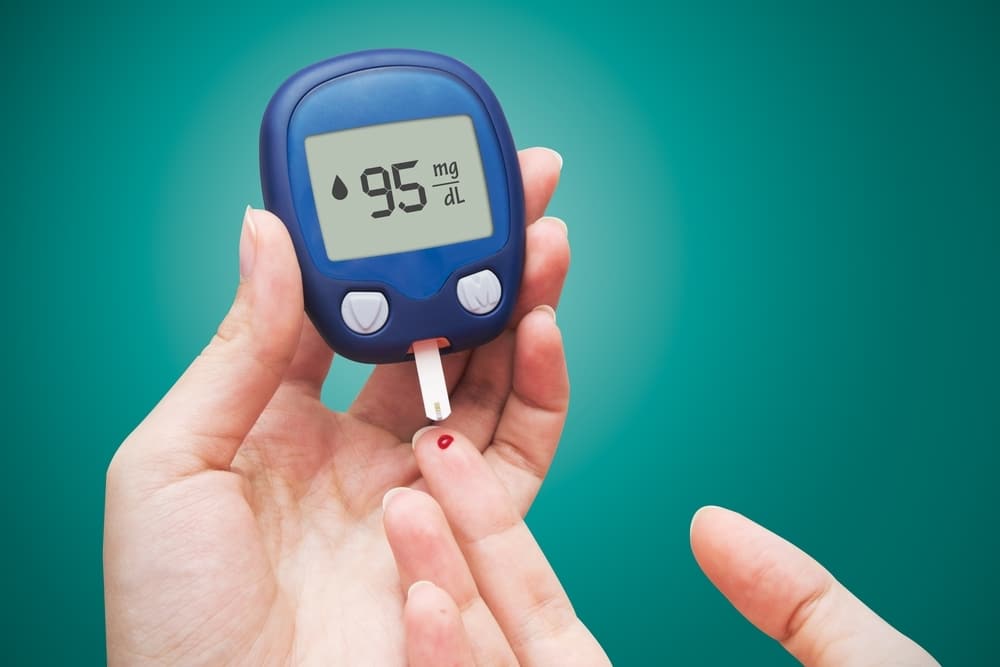Contents:
- Medical Video: Liver Disease - Hepatitis B
- How to treat acute hepatitis
- How to treat chronic hepatitis
- Which must be considered before undergoing hepatitis treatment
Medical Video: Liver Disease - Hepatitis B
Hepatitis is a serious inflammation of the liver caused by the hepatitis virus. There are many types of hepatitis viruses - A, B, C, D, and E. Therefore, the symptoms and treatment will differ depending on the type of hepatitis virus. In addition, how to treat acute and chronic hepatitis is also different, depending on many factors.Diagnosis of hepatitis can change your life. The choice of hepatitis drugs used to treat your condition can cause serious side effects, and may not be effective for everyone.
Whether or not your body accepts the effects of hepatitis drugs will depend on:
- The severity of liver damage
- Other health conditions that you have
- The number of hepatitis viruses found in your body
- The type of hepatitis you suffer
Here is information about the options for treating hepatitis based on the type of hepatitis you have.
How to treat acute hepatitis
Most people who suffer from hepatitis are not aware of their condition, so they do not seek treatment. Though if you have exposed to the virus, you must quickly get as early as possible to prevent acute hepatitis. Most people who know that they have acute hepatitis infection get treatment with drugs. Acute hepatitis drugs usually focus on reducing the signs and symptoms, including:
- Rest. Hepatitis patients feel tired and sick and underpowered, so it often requires a pause to rest.
- Overcoming nausea and vomiting. Nausea can make it difficult for you to eat. Try to divide the food into small portions and spend it in a day compared to large meals at one time. Consume more high-calorie foods to get enough calories. For example, drinking fruit juice or milk instead of just water. In addition, it is recommended to receive intravenous fluids to prevent dehydration from vomiting. Patients with severe nausea and / or vomiting may need to be hospitalized to be treated and get intravenous fluids.
- Rest your heart. Your heart may have difficulty absorbing drugs and alcohol. Consult a doctor before using any drug, including over-the-counter drugs. Do not drink alcohol during hepatitis infection because alcohol damages the liver.
- Be careful when using drugs or components that have a negative effect on patients with liver disorders (such as paracetamol, alcohol). A liver that has a disorder may not be able to clean the drug normally, and these drugs can remain in the blood for a long time and reach toxic levels. In addition, tranquilizers and "tranquilizers" must be avoided because both can exacerbate the effects of liver failure on the brain and cause lethargy and coma.
- Stop drinking alcohol and smoking. Alcohol aggravates liver damage in chronic hepatitis, and makes it develop faster into cirrhosis. Smoking can also aggravate liver disease and must be stopped.
- Avoid having unprotected sex. Because various types of sexual activity can transmit the infection to your partner, avoid all sexual activity if you have hepatitis. All safety forms such as condoms do not provide adequate protection.
How to treat chronic hepatitis
There are many choices for chronic hepatitis drugs if you have long-term hepatitis. Usually this consists of a combination of drugs (such as antiviral drugs, vaccines) as well as medical procedures, such as liver transplants.
Medications for chronic hepatitis C infection include:
- Interferon alpha injection (Pegasys)
- Oral ribavirin (Rebetol, Copegus)
- Oral boceprevir (Victrelis)
- Simeprevir (Olysio)
- Oral sofosbuvir (Sovaldi)
- Oral simeprevir (Olysio)
- Oral daclatasvir (Daklinza)
- Oral ledipasvir / sofosbuvir (Harvoni)
- Oral ombitasvir / paritaprevir / ritonavir (Technivie)
- Oral ombitasvir / paritaprevir / ritonavir / dasabuvir (Viekira sir)
The standard treatment for chronic hepatitis C used to be a combination of antiviral therapy consisting of pegylated interferon and ribavirin, sometimes referred to as PEG / usury therapy. Interferon alfa-2b (Intron A) by injection most often for young people to fight infection who do not want to undergo long-term treatment or who may want to get pregnant within a few years. This drug is used together with a twice-daily dose of oral ribavirin (Rebetol, Copegus).
Liver transplant: If there is serious damage to liver function, you can choose a liver transplant as a treatment option. In a liver transplant, the doctor will remove the damaged part of the liver and replace it with a healthy liver. Most liver transplants come from deceased donors, and a small number come from living donors who donate some of their hearts. For people with hepatitis C infection, liver graft is not a cure. Treatment with antiviral drugs usually continues after a liver transplant, because hepatitis C is likely to recur in the new liver.
Vaccination: Until now, there is no vaccine for hepatitis C, so doctors will probably recommend that you receive the hepatitis A and hepatitis B virus vaccines. Some different viruses can also damage liver function, making hepatitis C treatment more complicated.
Which must be considered before undergoing hepatitis treatment
Regardless of whether you use drugs to treat hepatitis, you will need to undergo a routine blood test that allows your doctor to know exactly how far your heart is functioning.
Treatment of acute and chronic hepatitis differs from one another. Resting, alleviating symptoms and maintaining adequate fluid intake are recommended for the treatment of acute viral hepatitis. Treatment of chronic viral hepatitis includes drugs to clear the virus and prevent further liver damage.
Hello Health Group does not provide medical advice, diagnosis or treatment.












